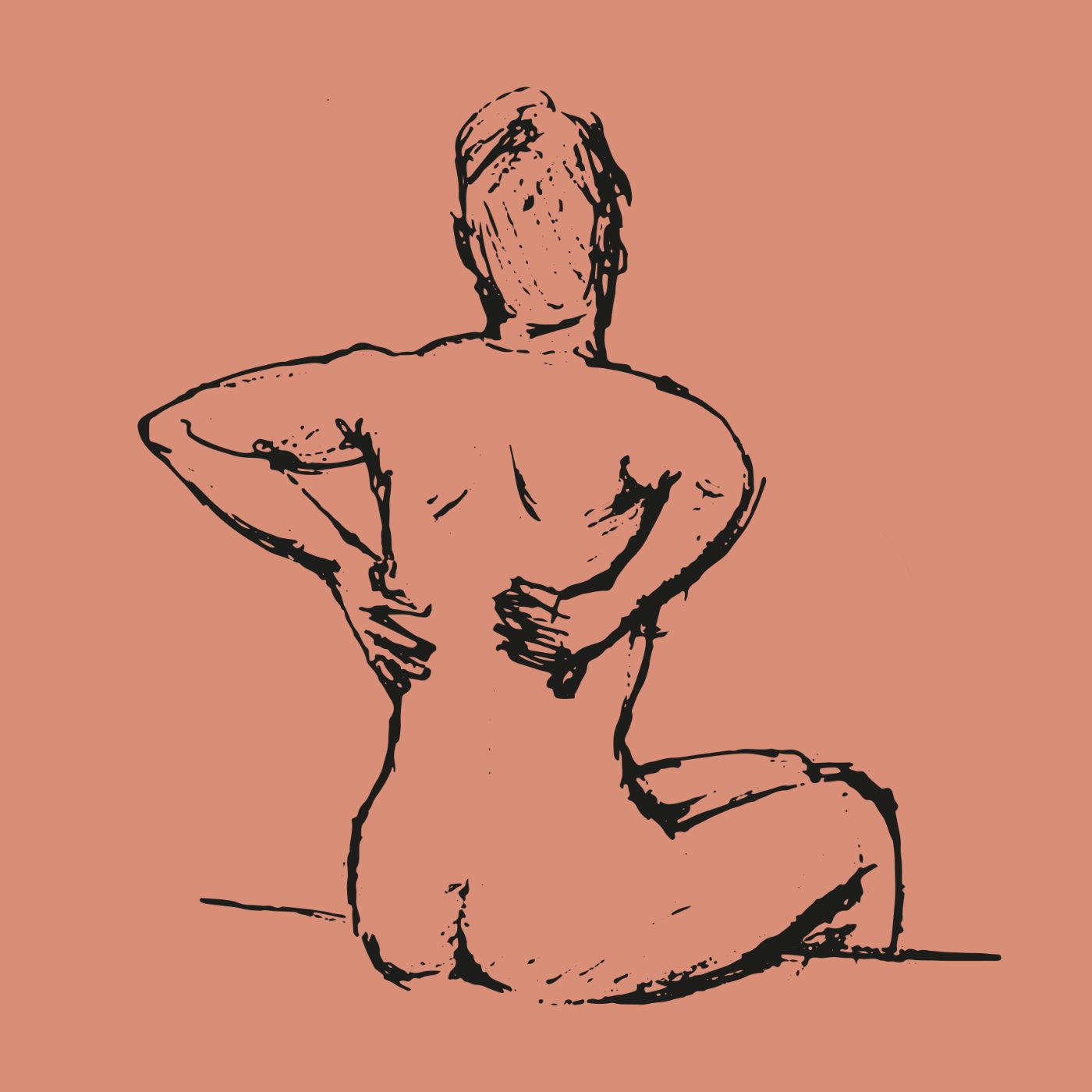Table of Contents
Table of Content
CBD, or cannabidiol, has surged in popularity for its potential health benefits, but many wonder: does CBD make you feel spacey?
As a non-psychoactive compound derived from hemp, CBD is praised for promoting relaxation and easing anxiety without the "high" of THC.
However, concerns about its impact on mental clarity and focus persist. This article dives into the effects of CBD on the mind, exploring whether it can leave you feeling foggy or spacey.
By examining the science, user experiences, and expert insights, we aim to clearly understand how CBD influences mental alertness and overall well-being.
What Is CBD?
CBD, short for cannabidiol, is a natural compound found in hemp and cannabis plants. Unlike THC (tetrahydrocannabinol), CBD is non-psychoactive, meaning it won’t get you “high” or alter your state of mind.
Instead, it’s widely used for its potential therapeutic benefits, which include:
-
Promoting relaxation and reducing stress.
-
Easing pain and inflammation.
-
Helping manage anxiety and improving sleep quality.
Extracted primarily from hemp, CBD has become a popular wellness supplement, offering a natural alternative for those seeking relief without the mind-altering effects of THC.
How Does CBD Affect the Brain?
CBD interacts with the body’s endocannabinoid system (ECS), a complex network of receptors that helps regulate mood, focus, clarity, and overall balance. The ECS is key in maintaining homeostasis, ensuring your body and mind function optimally.
Unlike THC, which binds directly to ECS receptors and causes a "high," CBD works indirectly. It influences the ECS by supporting the production of natural cannabinoids and enhancing receptor activity, promoting calm and balance without altering your mental state.
Studies suggest CBD may improve mental alertness by reducing anxiety and stress, which can cloud focus.
For example, research published in Frontiers in Pharmacology highlights CBD’s potential to enhance cognitive function in stressful situations.
Experts also note that CBD’s calming effects can help clear mental fog, making it easier to concentrate. However, individual responses vary, and factors like dosage and product quality play a significant role in how CBD affects mental clarity.
Can CBD Cause a "Spacey" or Foggy Feeling?
In short, if you follow the dosage guidance and use a high quality product, no! The effects CBD may causes depend on several factors:
-
Dosage: It's important to start with a low dose and gradually increase until the desired effect is achieved.
-
Individual Tolerance: Each person’s body chemistry is unique, meaning CBD can affect individuals differently. Factors such as weight, metabolism, and overall health can influence how CBD is processed.
-
Product Quality: The purity and formulation of the CBD product can also impact its effects. Products with trace amounts of THC or other cannabinoids may contribute to unexpected sensations. Selecting high-quality products from reputable sources is crucial to minimise these risks.
Comparing CBD to THC in Terms of Mental Clarity
In terms of affecting your focus, here are the key differences between CBD and THC:
CBD
-
Non-psychoactive
-
Often reported to promote a sense of calm without altering mental state
-
Not associated with cognitive impairment or a "spacey" feeling
THC
-
Psychoactive and can cause a high
-
Commonly linked to altered perception and mental fog
-
More likely to impair short-term memory and focus
Potential Side Effects of CBD
While CBD is generally well-tolerated, it can cause some mild side effects, particularly when taken in high doses or with low-quality products. Common side effects include:
-
Drowsiness or mild fatigue.
-
Dry mouth, often referred to as "cottonmouth."
-
Changes in appetite or digestion.
-
Lightheadedness in rare cases.
Feeling "spacey" or mentally foggy is uncommon with CBD, but it can happen, especially if you take too much or use a product with inconsistent potency.
Low-quality CBD products may also contain contaminants or higher levels of THC, which could contribute to this sensation.
To minimise the risk of side effects, experts recommend starting with a low dose and gradually increasing it as needed.
This approach allows your body to adjust and helps you find the optimal amount for your needs without unwanted effects.
More importantly, always choose high-quality CBD products like the ones we offer at KLORIS to ensure safety and consistency.
How to Avoid Feeling Spacey on CBD
To minimise the chances of experiencing a "spacey" feeling when using CBD, consider the following tips:
1. Choose the Right Product
Full-Spectrum vs. Isolate: Full-spectrum CBD contains various cannabinoids, including trace amounts of THC, which might contribute to a foggy feeling for some users. CBD isolate, on the other hand, contains only pure CBD, minimising the risk of interactions with other cannabinoids.
Third-Party Testing: Select products that have been tested by independent labs. These tests verify the product's purity and cannabinoid content, ensuring you consume what’s advertised without unwanted additives or contaminants.
2. Find the Correct Dosage
Start with Small Amounts: Begin with a low dose of CBD to see how your body reacts. This approach allows you to gauge its effects without overwhelming your system.
Gradually Increase: If you find a small dose effective but not entirely satisfactory, slowly increase the amount over time. This gradual adjustment helps identify the optimal dosage that provides benefits without causing unwanted sensations.
3. Pay Attention to Timing
Taking CBD at different times of the day can impact your alertness. If CBD makes you feel relaxed or sleepy, consider using it in the evening rather than during the day when you need to be alert.
4. Consider the Delivery Method
The way you consume CBD can influence its effects. Sublingual oils and tinctures allow quicker absorption, which might lead to more immediate effects, whereas edibles like CBD gummies and capsules provide a slower release. Experiment with different forms to see which works best for maintaining clarity.
5. Monitor Interactions With Other Substances
CBD can interact with various medications and substances, potentially altering its effects. Be mindful of combining CBD with supplements or other medications, and consult with a healthcare professional to ensure that these combinations do not contribute to a spacey feeling.
Potential Health Benefits of CBD
CBD, or cannabidiol, is gaining attention for its potential health benefits across a variety of conditions.

Many users find it appealing because of its natural origin and the potential for fewer side effects than traditional medications. Here are some of the key health benefits associated with CBD:
-
Pain Relief: CBD is known for its anti-inflammatory properties, which can help alleviate chronic pain. It is often used by people with conditions like arthritis or back pain as an alternative to over-the-counter or prescription pain medications.
-
Anxiety and Depression: Many find CBD helpful in managing anxiety and depression due to its ability to interact with serotonin receptors in the brain. Unlike some pharmaceutical options, CBD does not typically come with severe side effects or the risk of dependency.
-
Sleep Aid: CBD can promote better sleep patterns for those struggling with insomnia or other sleep disorders. Its calming effects can help users fall asleep more easily and improve overall sleep quality without the grogginess sometimes associated with traditional sleep medications.
-
Neuroprotective Properties: Emerging research suggests that CBD may have neuroprotective properties that could benefit individuals with neurological disorders such as epilepsy and multiple sclerosis. The FDA has even approved Epidiolex, a CBD-based medication, for certain types of epilepsy.
-
Preference Over Traditional Medications: Many prefer CBD because it is derived from natural sources and is often perceived as a safer alternative with a lower risk of addiction or severe side effects. Additionally, CBD offers the flexibility of various consumption methods, including oils, capsules, edibles, and topical applications, allowing users to choose the form that best suits their needs.
Who Should and Should Not Use CBD?
CBD has gained popularity for its potential health benefits, but it’s not suitable for everyone. Understanding who should and shouldn’t use CBD, as well as the associated risks, is crucial for safe and effective use.

Who Should Use CBD?
-
Individuals with Anxiety or Stress: CBD is widely used to promote relaxation and reduce anxiety.
-
People with Chronic Pain or Inflammation: CBD may help manage pain and inflammation.
-
CBD’s calming effects can support better sleep quality for those with Sleep Issues.
-
Anyone Seeking Natural Wellness Support: CBD is often used to supplement overall balance and well-being.
Who Should Avoid CBD?
-
Pregnant or Breastfeeding Women: There’s limited research on CBD’s effects during pregnancy or breastfeeding, so it’s best to avoid it.
-
People Taking Certain Medications: CBD can interact with medications, particularly those metabolised by the liver (e.g., blood thinners). Always consult a doctor first.
-
Individuals with Low Blood Pressure: CBD may cause a temporary drop in blood pressure, which could be risky for those already dealing with low levels.
-
Children and Teens: Unless prescribed by a healthcare professional, CBD is generally not recommended for young people due to a lack of long-term safety data.
Risks to Consider
When considering CBD, it's important to be aware of potential risks. Although side effects are generally mild, some individuals may experience drowsiness, dry mouth, or digestive issues.
Pay attention to the quality of your CBD products, as low-quality options might contain contaminants or inconsistent cannabinoid levels.
Opting for products that have undergone third-party testing can help ensure you receive a safe and reliable product. Additionally, CBD can interact with certain medications, potentially altering how they are processed in your body and leading to adverse effects.
Overconsumption can also be a concern, as taking too much CBD might increase the likelihood of experiencing side effects such as feeling spacey or fatigued.
If you’re considering CBD, start with a low dose and consult a healthcare professional, especially if you have underlying health conditions or are taking medications. By being informed and cautious, you can make the best decision for your wellness journey.
Explore Our Premium CBD Products
CBD is unlikely to make you feel spacey when used correctly. By interacting with the endocannabinoid system, it promotes balance and relaxation without the mind-altering effects of THC.
While mild side effects like drowsiness or dry mouth can occur, feeling foggy or out of focus is rare, especially when starting with a low dose and using high-quality products.
Ready to explore CBD for yourself? Discover a range of premium, third-party tested CBD products at KLORIS and embark on your journey towards balance and well-being.




